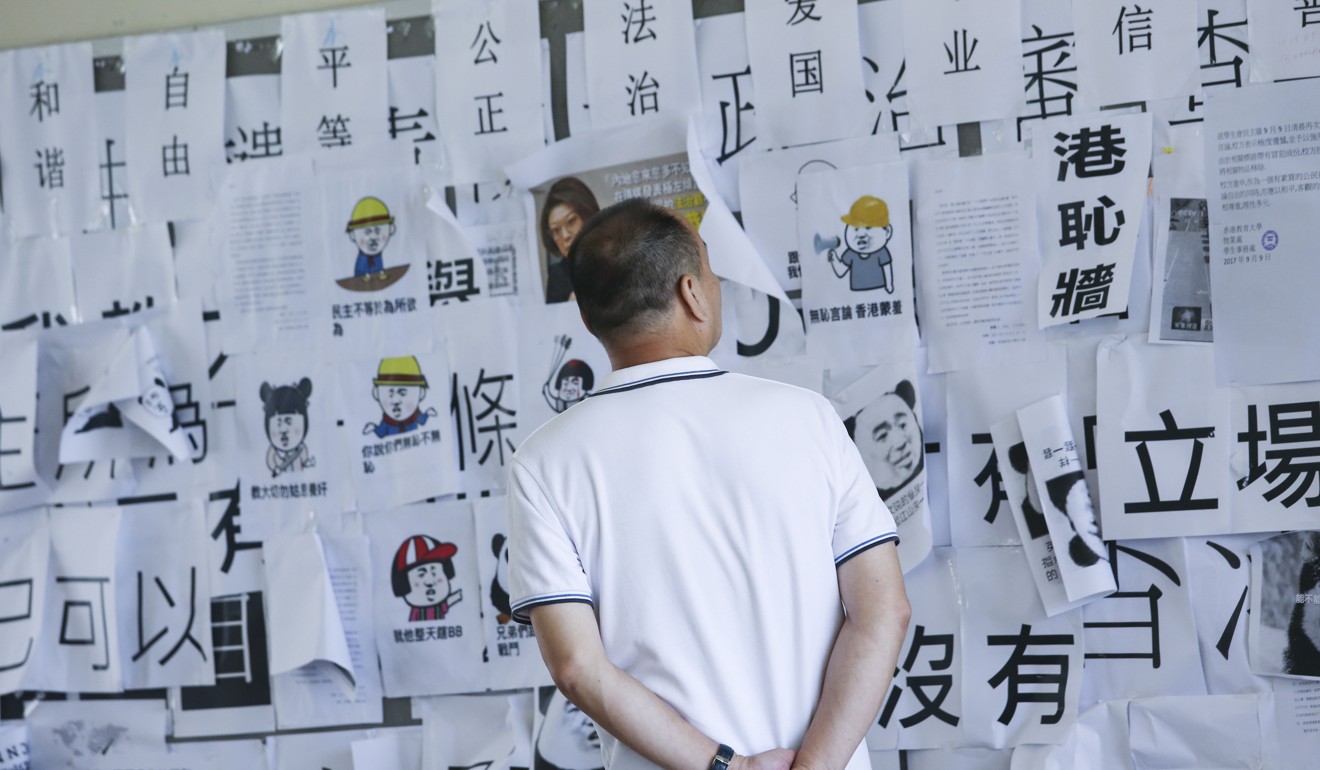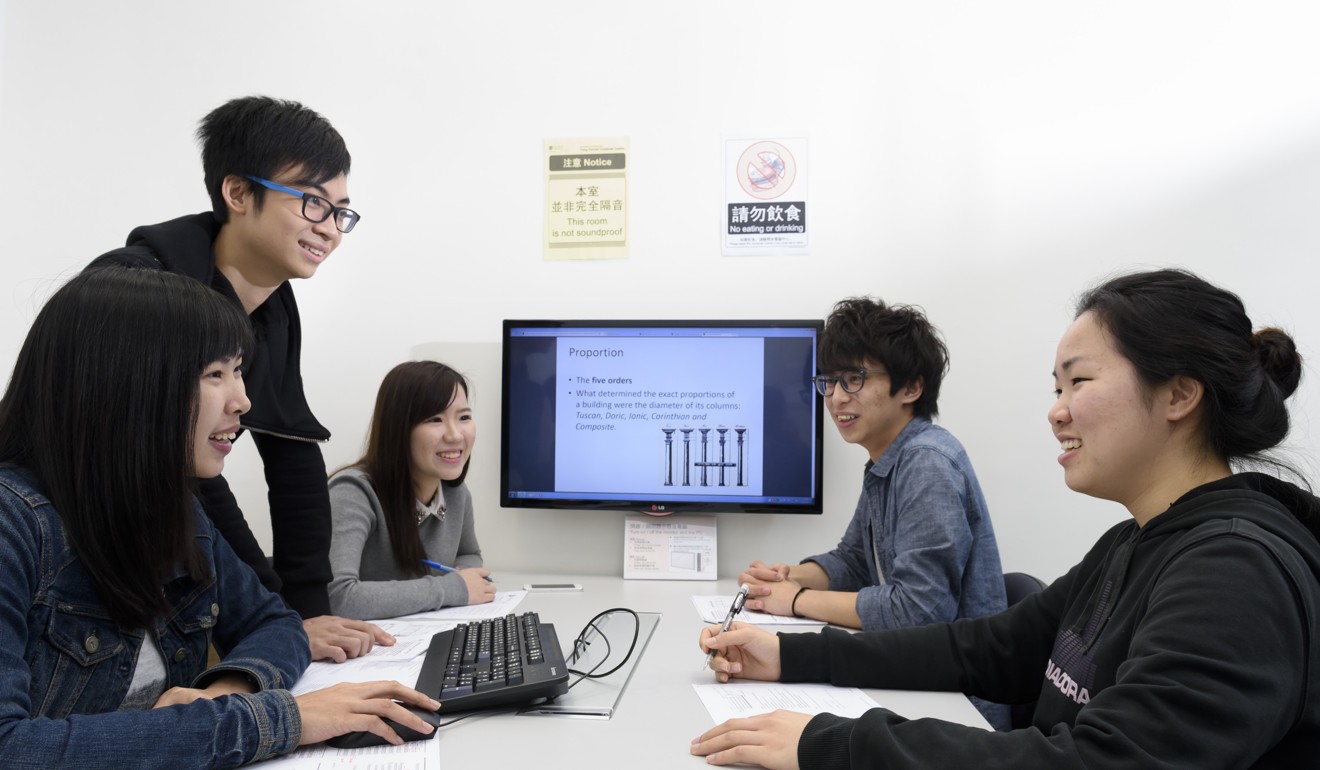
Hong Kong student activism is one thing; disrespecting others’ views is quite another
Leonard Cheng says with the privilege of higher education comes responsibility: students should practise tolerance, and remember that how we disagree is a litmus test of a civilised society
Lingnan University has its fair share of student activism. I have no problem with that. Universities are a place for free expression and exchange of views. As president, it is my duty to vigorously defend this intrinsic right, and I appreciate students who are socially active and have an inquisitive mind.
Some say student activism is a by-product of our vaunted academic freedom. Still, freedom of expression is never absolute. It is tempered by a respect for the rights of others with different views. This shared spirit must remain inviolate, for tolerance and mutual respect are hallmarks of the educated and are the ethos of the academic community.

Bad behaviour deserves to be punished
Lingnan University president to lead another five years amid student opposition
As members of society who enjoy the privilege of higher education, our stock-in-trade is the ability to think independently, analytically and critically, grounded in facts and evidence. If a person cannot face basic facts he or she finds inconvenient, can we still talk seriously about truth-seeking?
Oversimplification and demonisation (for example, senior government officials have been referred to as “communist bandits” by some student groups) don’t belong in the academic community. The university has the moral duty to set itself as an example to society where rational dialogue can take place. If we in the university cannot talk to each other rationally and fairly, what hope is there that others can do so anywhere in society? When reason takes a back seat, the art of compromise is dead.

Multimedia and design courses adapt to new digital media
The university is not meant to be a job training centre. Rather, we educate students in the skills of rational analysis and critical thinking. When students criticise or challenge an unsatisfactory status quo, they deserve attention and support. I applaud student advocacy for a fair society.
People with different views, rivals or sceptics can be won over only with logic, knowledge and evidence, not with bluster and a megaphone
Hong Kong students are there to learn not administer
How we disagree is a litmus test of a civilised society. Slogans and labels are no substitute for considered views and rational judgment. When one slaps a label on an opponent, for instance, by calling university senior management and council members “puppets of the rich and powerful”, he or she treats the latter with utmost disrespect.
As graduates step into society, everything they say or do is subject to the test of reason. They are advised to speak as one who knows his/her facts, not self-proclaimed sole custodians of truth, and learn to handle disagreements agreeably. These are the kind of graduates who give us hope for the future.
Leonard K. Cheng is president and chair professor of economics at Lingnan University

